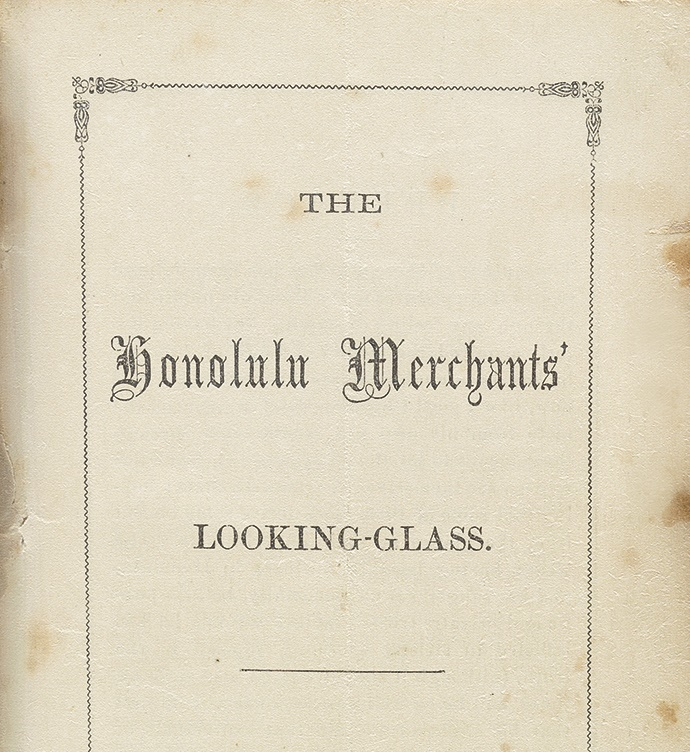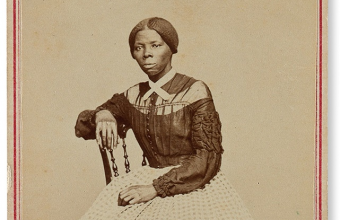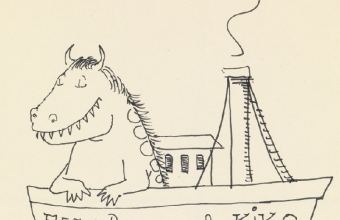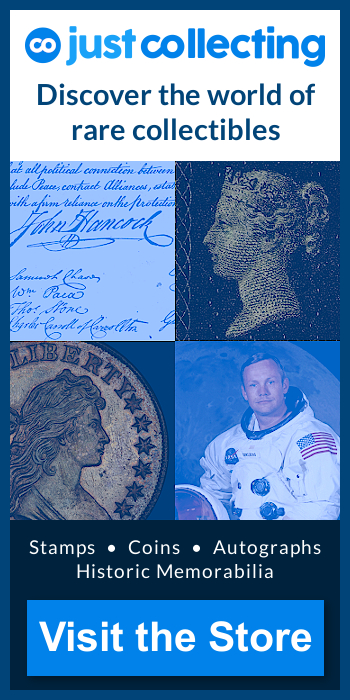The latest sale at Swann Auction Galleries in New York will offer "one of the great curiosities–and rarities–of Hawaiian literature".
On the morning of January 1, 1863, business owners in Honolulu awoke to find copies of a mysterious booklet on their doorsteps.
The 18-page publication, entitled ‘The Honolulu Merchant’s Looking-Glass’, was written by an anonymous author and had been delivered in the dead of night.
When they opened it up, they found out why.
The booklet featured unflattering descriptions of 31 leading merchants across the island, with many of the details highly personal in nature and bordering on slander.
Some of the more insulting entries including those for Thomas Spencer, who was described as having " a most notorious reputation for women of a tender age"; John Hackfeld, who had "saved quite a small fortune through being mean and parsimonious"; and William Stott, who was "notorious for his great size, weighing some 300 pounds" with "a weakness for attending native feasts, and admiring native dancing girls."
Perhaps the hardest hit was Alexander Cartwright, the man known as the "father of baseball", who had moved to the Hawaiian island in 1850 after helping establish the New York Knickerbocker Base Ball Club in 1845.
He served as fire chief of Honolulu, founded the Honolulu Library and Reading Room, and was an advisor to King David Kal?kaua and Queen Emma.
However, despite (or perhaps because of) his influence on the island, he obviously rubbed the author up the wrong way.

The booklet states that Cartwright has "probably a better capacity for pulling wool over shipmasters’ eyes than any other man in the community. . . . Is very vindictive, and does not scruple at anything where there is money to be made. Is generally disliked, and by many considered a dangerous man to confide in."
Just one other copy of the work is known to exist, and that one offers the identity of the vindictive author. It is reported to include an attached note which reads:
"this booklet was published by P.S. Wilcox of Wilcox & Richards. . . . At the suggestion of Wilcox it was written out by Widderfield, printed for Wilcox in S.F., sent down on the Comet and Wilcox delivered it in person at night by placing a copy at each doorway in town."
Wilcox & Richards was a mercantile firm in Honolulu, and unsurprisingly its two owners escaped lightly in their own descriptions.
P.S. Wilcox is described as a man with "no particularly visible weakness",and his partner Charles Lewis Richards "is a good buyer, a smart salesman, and shrewd in a trade", although he also has "a weakness for women".
If P.S Wilcox was the man responsible for the booklet, nobody really knows his reasons for writing it.
In the preface, the author claims the book will allow the merchants "to see themselves as others see them" so that "in all their underhanded dealing, they may hesitate."
Whether the author was taking a moral stand against underhand business dealings, or was simply tired of being screwed over, the booklet seems an elaborate way to settle some old scores.
But today ‘The Honolulu Merchant’s Looking-Glass’ offers a remarkable insight into Hawaiian life in the mid-19th century, and proves that scandalous gossip has always been a popular form of entertainment in America.
The Printed & Manuscript Americana sale takes place in New York on September 28.












